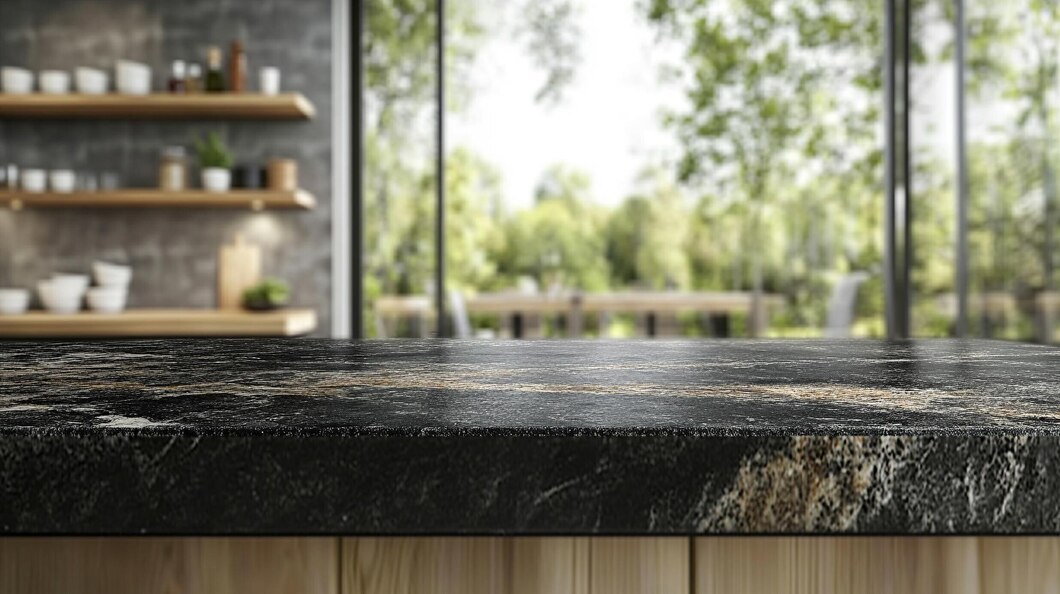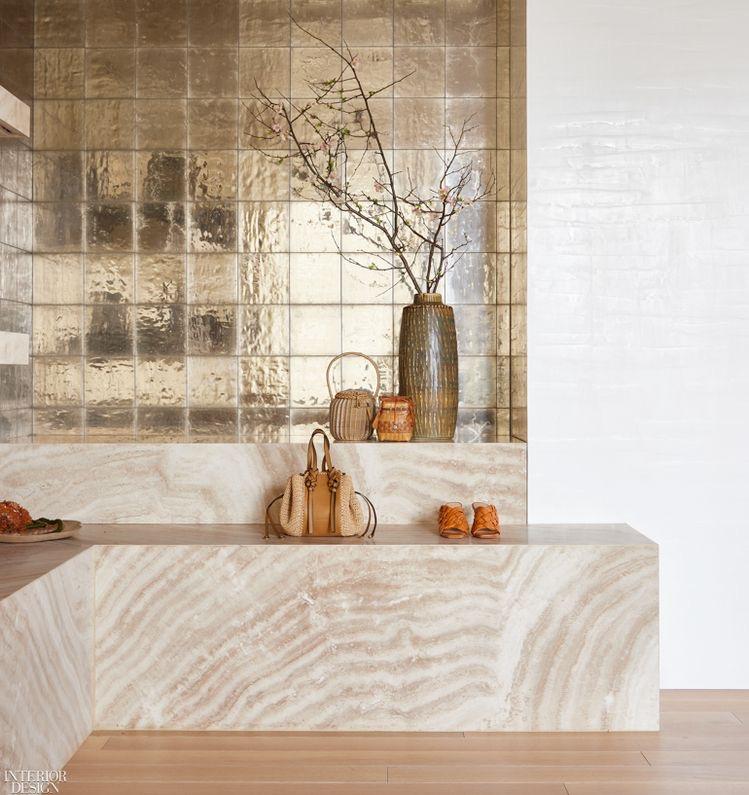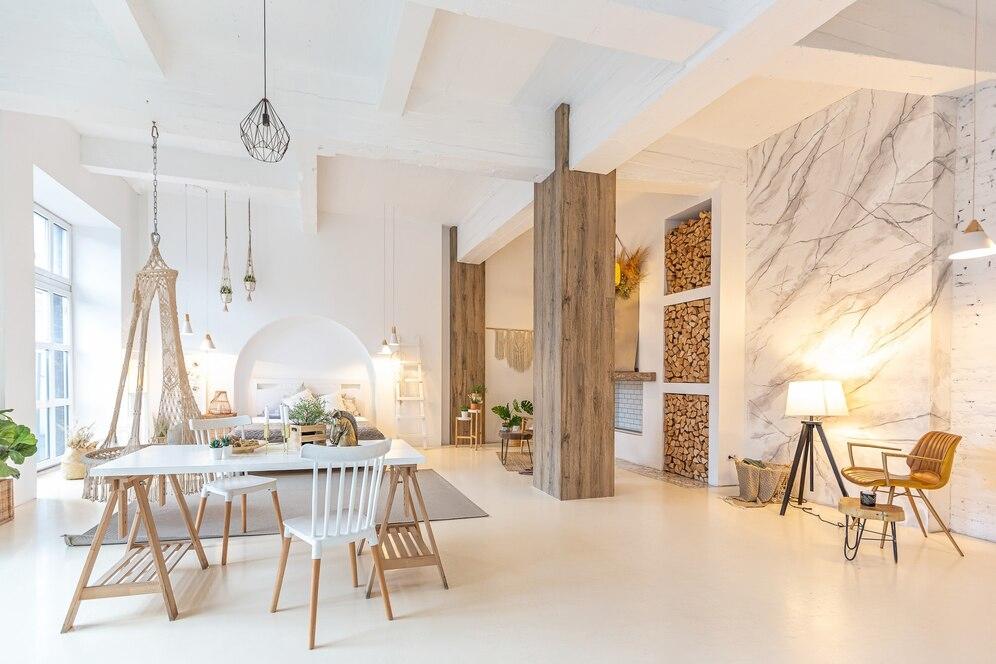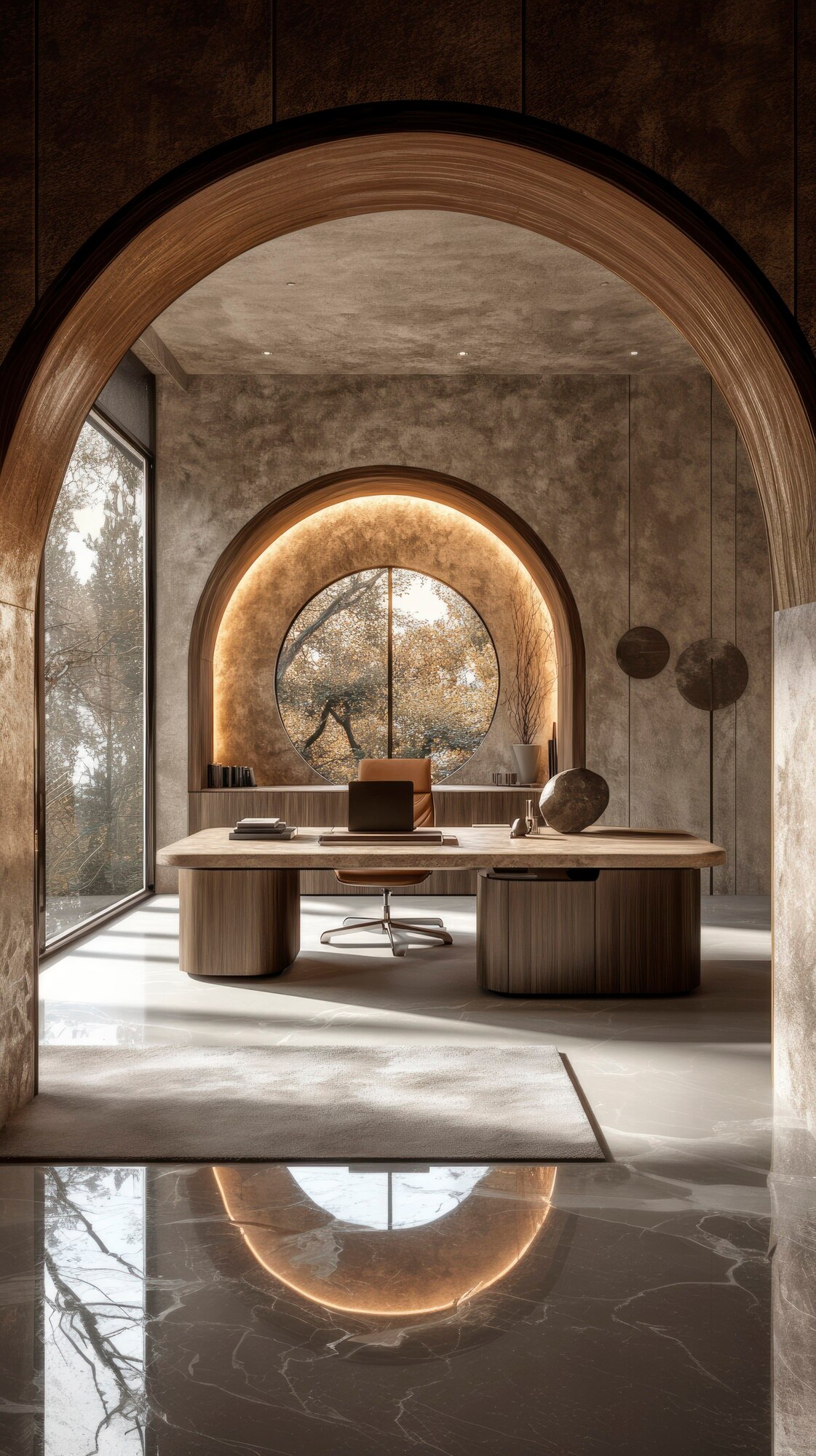
Natural Stone Countertops: A Guide to Choosing the Best Material for Your Kitchen
When designing a kitchen, countertops play a pivotal role not only in functionality but also in aesthetic appeal. Choosing the right countertop material can elevate your kitchen space, making it both durable and stylish. Among the various options, natural stone countertops stand out for their timeless beauty, resilience, and variety. Whether you’re after a sleek modern look or a more rustic, traditional design, natural stone offers a versatile solution. In this guide, we’ll explore the best types of natural stone for kitchen countertops and help you decide which is best suited for your home.
Why Choose Natural Stone for Your Kitchen?
Natural stone has long been favored for kitchen countertops due to its strength, durability, and the natural, organic feel it brings to a space. Each stone slab is unique, ensuring your kitchen will have a one-of-a-kind look. Natural stone also comes in various finishes and colors, allowing for complete customization based on your design preferences.
Benefits of Natural Stone Countertops:
- Durability: Natural stone materials are some of the toughest options for countertops, with many able to withstand years of heavy use.
- Heat Resistance: Most natural stones, especially granite and marble, have excellent heat resistance, making them perfect for kitchens.
- Eco-Friendly: Stone is a natural resource, and when sourced responsibly, it is an environmentally friendly choice.
- Unique Aesthetics: No two slabs of natural stone are the same, giving your kitchen a distinctive appearance.
Top Natural Stone Countertop Materials
There are several types of natural stone commonly used for kitchen countertops, each offering its unique qualities. Let’s take a closer look at some of the top choices.
1. Granite
One of the most popular and widely used natural stone materials for countertops, granite is celebrated for its strength and durability.
- Appearance: Granite offers a wide range of colors and patterns, from subtle whites and blacks to rich blues and reds. It often features speckles and veining, adding texture to your kitchen design.
- Durability: Highly resistant to scratches and heat, granite is ideal for busy kitchens. With proper sealing, it’s also resistant to stains.
- Maintenance: While it is durable, granite does require sealing every 1-2 years to maintain its stain-resistant properties.
Granite’s longevity and natural beauty make it a top choice for homeowners seeking a luxurious yet practical material.
2. Marble
If you’re looking for a more classic, elegant option, marble might be the perfect fit.
- Appearance: Known for its stunning veining patterns, marble is often used in high-end kitchens. It comes in shades of white, gray, black, and green.
- Durability: Although marble is heat-resistant, it is softer than granite and more prone to scratches and etching, especially from acidic substances like lemon juice or vinegar.
- Maintenance: Marble requires more care compared to other natural stones. Regular sealing is necessary to prevent stains and maintain its polished appearance.
Marble is perfect for homeowners who prioritize aesthetics and are willing to put in the extra effort to keep it in pristine condition.
3. Quartzite
Often confused with quartz (a man-made material), quartzite is a natural stone that offers the best of both worlds—beauty and strength.
- Appearance: Quartzite mimics the look of marble with its soft, flowing veins but provides a more durable alternative. It usually comes in lighter tones like white, gray, and beige, with subtle veining.
- Durability: Extremely hard and resistant to heat, quartzite is less prone to scratching than marble but requires proper care to avoid etching.
- Maintenance: Like granite, quartzite needs to be sealed regularly to protect it from stains.
For homeowners who love the look of marble but want a more durable and low-maintenance option, quartzite is an excellent choice.
4. Soapstone
For those seeking a more rustic or vintage look, soapstone is a natural stone material that brings warmth and charm to a kitchen.
- Appearance: Soapstone has a smooth, matte surface that usually comes in shades of gray with subtle veining.
- Durability: Soapstone is resistant to heat and staining but is softer than granite and quartzite, making it prone to nicks and scratches. However, many homeowners embrace these imperfections as they add character to the countertop.
- Maintenance: Soapstone doesn’t require sealing, but regular oiling can help enhance its natural darkening process.
Soapstone is a unique choice that suits homes with traditional or farmhouse-style kitchens, offering both functionality and aesthetic appeal.
5. Slate
While less common than granite or marble, slate is another option worth considering, particularly for contemporary kitchens.
- Appearance: Slate is typically found in darker shades such as gray, black, and green, offering a sleek, minimalist look.
- Durability: Like soapstone, slate is softer and can scratch or chip more easily than other natural stones, but it is non-porous, meaning it resists stains without the need for sealing.
- Maintenance: Low-maintenance compared to other stones, slate only requires occasional cleaning and may benefit from oiling to enhance its color.
Slate is ideal for modern kitchens looking for a dark, polished surface with minimal upkeep.
Key Considerations When Choosing Natural Stone
When deciding on a natural stone countertop for your kitchen, several factors come into play:
- Budget: Natural stone materials vary greatly in price, with granite and slate being more affordable, while marble and quartzite tend to be on the higher end.
- Maintenance: How much time are you willing to spend maintaining your countertop? Marble and soapstone require more upkeep, while granite and quartzite are more low-maintenance options.
- Aesthetics: Each type of natural stone offers a unique look. Consider the overall style of your kitchen—modern, rustic, or classic—and choose a stone that complements that aesthetic.
- Functionality: Consider how you use your kitchen. For heavy cooking and meal prep, a more durable stone like granite or quartzite may be the best choice.
Conclusion
Natural stone countertops offer unmatched beauty, durability, and a sense of luxury to any kitchen. Whether you opt for the rugged appeal of granite, the elegant veining of marble, or the resilience of quartzite, natural stone provides a functional and aesthetic solution that can last for decades. By considering factors like budget, maintenance, and style, you can choose the natural stone that best meets your kitchen’s needs and enhances its overall design.



